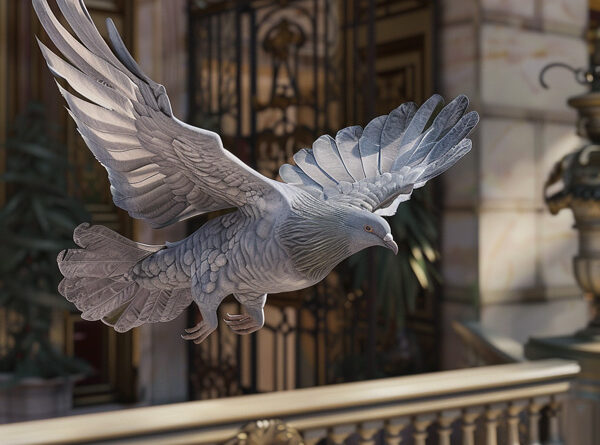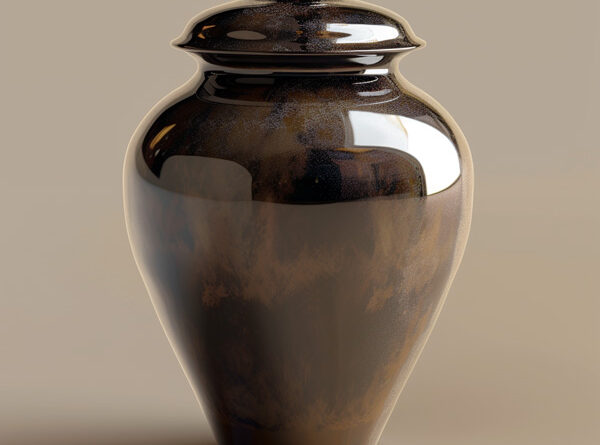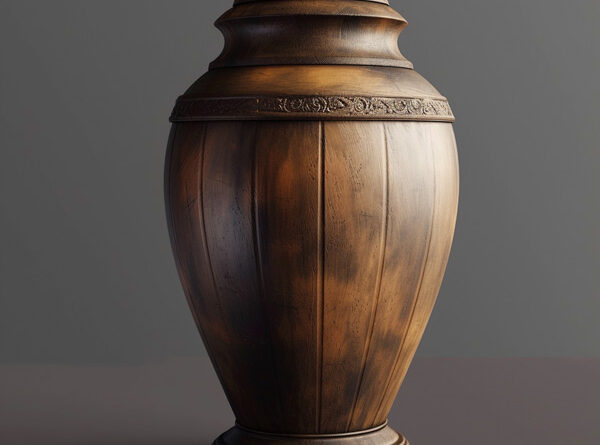
Navigating Cremation Costs in Detroit: From Overwhelm to Confident Control
Facing the need to arrange a cremation can feel like navigating a fog of grief, uncertainty, and financial anxiety. The pressure to make “the right” decision is immense, yet clear information seems just out of reach. This guide cuts through that fog. By mastering the components of the Detroit, Michigan cremation average price, you transform confusion into clarity. This knowledge is your foundation for making a decision that is both dignified for your loved one and sound for your family.
Your Foundational Choice: Defining the Service Type
The first and most significant decision you make sets the financial and emotional tone for the entire process. Your choice here establishes the baseline cost and defines the experience of remembrance.
Selecting Your Service Model
Providers offer distinct pathways, each with a different cost structure and purpose. Understanding these models is your first step toward control.
- Direct Cremation: This is the most essential option. It includes the basic services of the provider, transportation, necessary authorizations, and the cremation process itself. There is no viewing, ceremony, or immediate memorial service. In Detroit, this forms the core of the average price.
- Cremation with a Memorial Service: This separates the ceremony from the physical process. A memorial service is held after cremation, often with the urn present. It allows for personalization and gathering without the costs associated with embalming or a rental casket for viewing.
- Traditional Funeral with Cremation: This follows the conventional funeral model, including a viewing or visitation with the body present (requiring embalming and a rental casket), a formal service, and then cremation. This is typically the highest-cost cremation option.
The Crucial First Step: Documenting Wishes
Whether pre-planning or acting at need, clarity is your greatest tool. A written directive, even a simple note among important papers, provides an invaluable guide. It prevents emotional overspending by family members who might otherwise feel compelled to “choose the best” in the absence of guidance. Knowing a loved one’s clear wishes allows you to focus on honoring them, not second-guessing decisions.
The Core System: Deconstructing the Average Detroit Cremation Price
The average price is not a single number but a system of itemized components. Mastering this system allows you to understand what you are paying for and make informed adjustments. For a direct cremation in the Detroit metro area, the average price typically ranges from $1,200 to $2,800. This range is influenced by the provider, location, and specific selections.
| Cost Component | What It Includes | Key Considerations & Detroit Notes |
|---|---|---|
| Basic Services Fee | Professional services of the funeral director and staff, planning, securing permits, and overhead. | This is a non-declinable fee. It can vary significantly between a family-owned home in Hamtramck and a larger firm in Royal Oak. Always ask for this item first on the General Price List (GPL). |
| Transportation & Transfer | Removal from the place of death (home, hospital, etc.) to the funeral home. | Most providers include a local radius (e.g., within 25 miles). Fees increase for longer distances, such as transport from a suburban Detroit county. |
| Authorizations & Documentation | Filing the death certificate, obtaining the cremation permit from the medical examiner. | Michigan law requires a cremation permit. The cost for certified death certificates is additional; you will need multiple copies for legal affairs. |
| Crematory Fee | Use of the crematory facility, the cremation process itself, and the return of remains to the funeral home. | This fee is often bundled in a “direct cremation” package. Some funeral homes own their crematory; others use a third-party service, which can affect cost. |
| Alternative Container | A simple, combustible container required for the cremation process. | This is a mandatory charge. Providers must offer an inexpensive option (often cardboard or pressboard). You are not required to purchase a decorative casket. |
Optimizing for Value and Personal Meaning
Once you understand the essentials, you can focus on adding profound personal value without unnecessary expense. This is where informed planning becomes an act of love.
Strategic Comparison and Selection
Federal Trade Commission (FTC) Funeral Rule is your legal shield. Use it. You have the right to receive a detailed General Price List (GPL) over the phone or in person before you discuss any services. Contact at least three providers in your desired area—compare their basic service fee and direct cremation package price. This simple act can save thousands.
High-Impact, Low-Cost Personalization
Meaning is not tied to high price tags. Create an online memorial page for tributes and photos. Purchase a unique urn from a retailer, artisan, or even use a meaningful keepsake box. Host a celebration of life at a community center, park, or family home instead of a formal funeral home service. These choices center the person, not the package.
Managing Optional Add-Ons
Approach extras with intention. For an urn, consider that prices range from under $50 to several thousand. A temporary plastic container is always provided. Obituary fees vary by publication; consider free online postings. If interring ashes, contact the cemetery or columbarium directly for their plot or niche fees, which are separate from the cremation provider’s charges.
Proactive Protection: Avoiding Overpayment and Pressure
Your informed vigilance is the best defense against emotional overspending. Adopt a stance of calm, empowered inquiry.
Prevention Through Your Rights
Beyond the GPL, the FTC Rule mandates itemized statements. You can select and pay for only the services you want. You may also provide your own urn or container without a fee. Knowing these rights allows you to navigate discussions with confidence.
Identifying Red Flags and Your Response Plan
Be wary of high-pressure sales tactics, vague “all-inclusive” packages that obscure itemized costs, or suggestions that certain services are legally required when they are not (like embalming for direct cremation). Your response plan is simple: Pause, Itemize, Compare. Politely insist on an itemized list, take 24 hours to review it with family, and use your collected quotes as a benchmark.
Your Practical Roadmap: A Phased Approach
| Situation & Phase | Primary Tasks to Execute | Strategic Focus |
|---|---|---|
| At Time of Need | 1. Contact 3+ providers for their General Price List (GPL). 2. Secure the death certificate and cremation permit. 3. Decide on the immediate disposition of remains (urn selection, scattering plans). |
Comparison shopping, legal compliance, and securing the core service. Let price lists guide you, not emotion. |
| Pre-Planning (The Ultimate Gift) | 1. Research and document your specific wishes. 2. Discuss these wishes openly with family. 3. Consider pre-funding through a designated trust or insurance to lock in today’s prices and relieve future burden. |
Education, clear communication, and financial foresight. This removes all guesswork for your loved ones. |
The journey from overwhelming anxiety to confident control begins with demystifying cost. By deconstructing the Detroit, Michigan cremation average price, you reclaim authority over the process. You move from being a passive consumer to an active, informed steward of remembrance. The result is more than financial prudence; it is the profound peace that comes from knowing you have honored a life with intention, clarity, and love, creating a legacy of thoughtful care free from regret.






